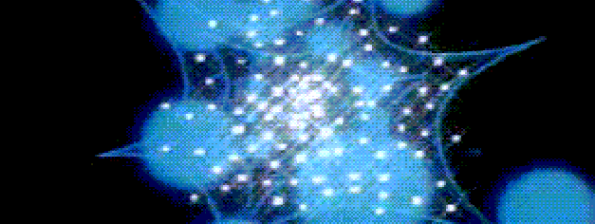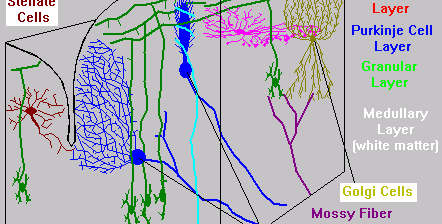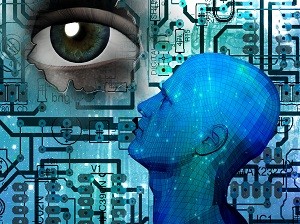28 Jul The Democratization of Knowledge

Joe Roushar – July 2012 Knowledge is Power Knowledge is concentrated in too few people (Boyle 1996). People in privileged countries and classes have all they want. Many others don’t know what they don’t know. A huge project called One Laptop Per Child is seeking to remedy this one child at a time. This is one […]
05 Jul Motor Center Structure and Function

The past few posts in this section have focused on the Cerebrum where thought seems to be centered: we may compare this to a computer. The Cerebellum is where signals for the muscles’ motor control originate: we may compare this to a robot. My point in looking at this is to reinforce the heterogeneity perspective (i.e. […]
02 Jul Centers of Attention and Consciousness

Can software be conscious? I remember when PC software began to appear that would keep listening after you closed the main program (TSR or Terminate but Stay Resident). Most of those functions migrated to Operating Systems. Operating Systems have grown to occupy a huge footprint on the computer and perform a vast array of functions. Might it be […]
25 Jun A World of Chaos

A World of Chaos We are inundated with information, with virtually no limit on our capacity to produce more. I brought this up in the beginning of the introduction. Since the invention of the printing press a few centuries ago (circa 1447), thinkers and postulators have been able to share information much more effectively (something […]
23 Jun Varieties of Nerve Cells

Did you know that not all brain cells are created equally? I think they are more different from one another than snowflakes and some of the differences are astounding. The heterogeneity of neurons indicates that modeling brain functions may require a heterogeneous approach (as opposed to many neural networks that are homogeneous). Besides the differences in branching patterns […]
21 Jun The Coming Revolution

Another Revolution in Computing – Knowledge Processing Where cognition and computation converge…the brink of the coming revolution? As James Bailey puts it, “The reason today’s electronic computers seem benign is that the true electronic revolution has not happened yet.” Bailey compares our current phase of computerization to the stage of history “when muscle tasks were […]
19 Jun Did You Change Your Mind?

Change is a Constant There is a beautiful song from the by the Rascals that asks: “In a world that’s constantly changing, how can I be sure?” When confronted with the dirty little uncertainties that swirl around everyday life and interpersonal relations, anyone’s mind may experience turmoil. How do we resolve it? What mental processes keep us from […]







